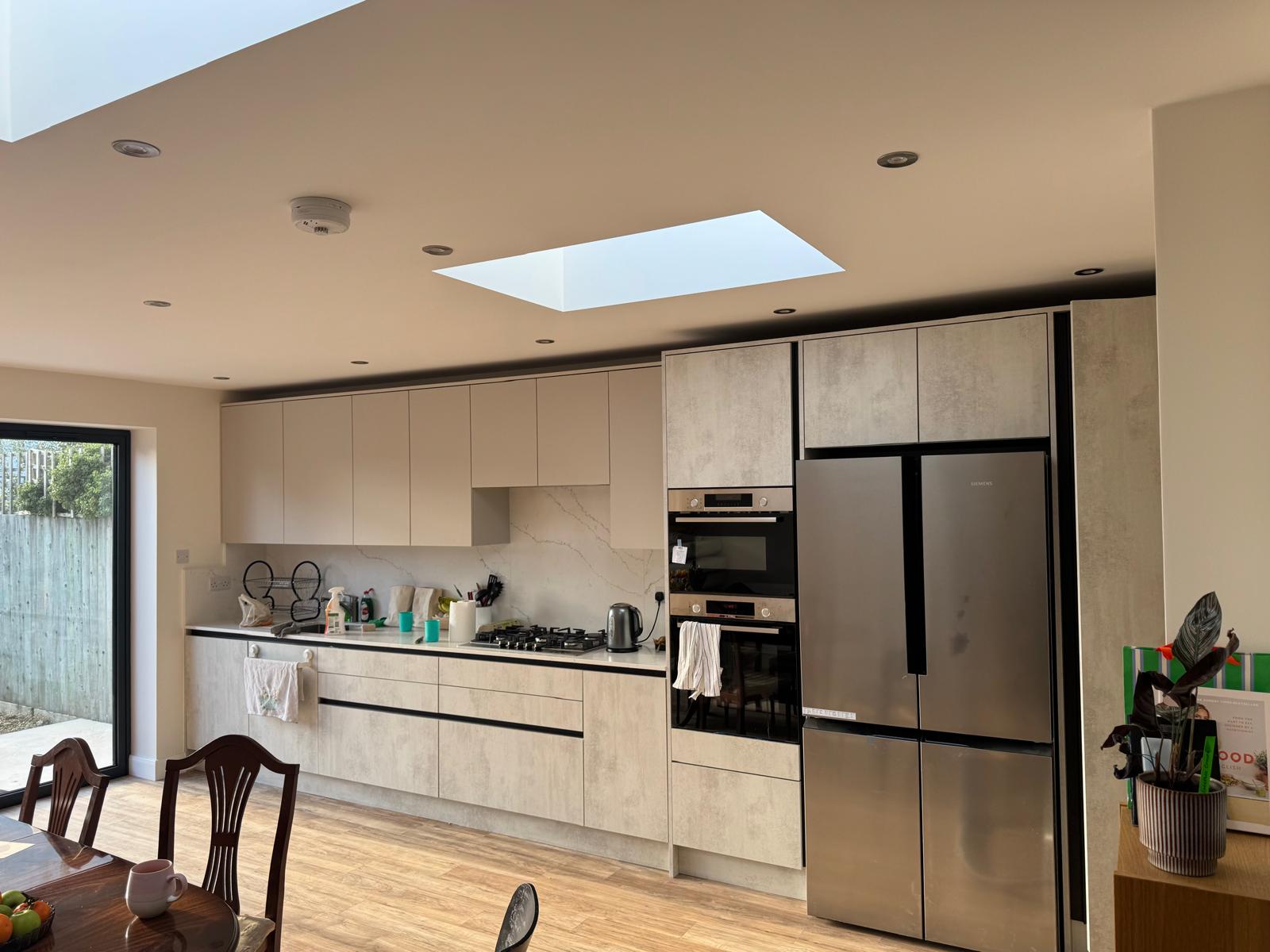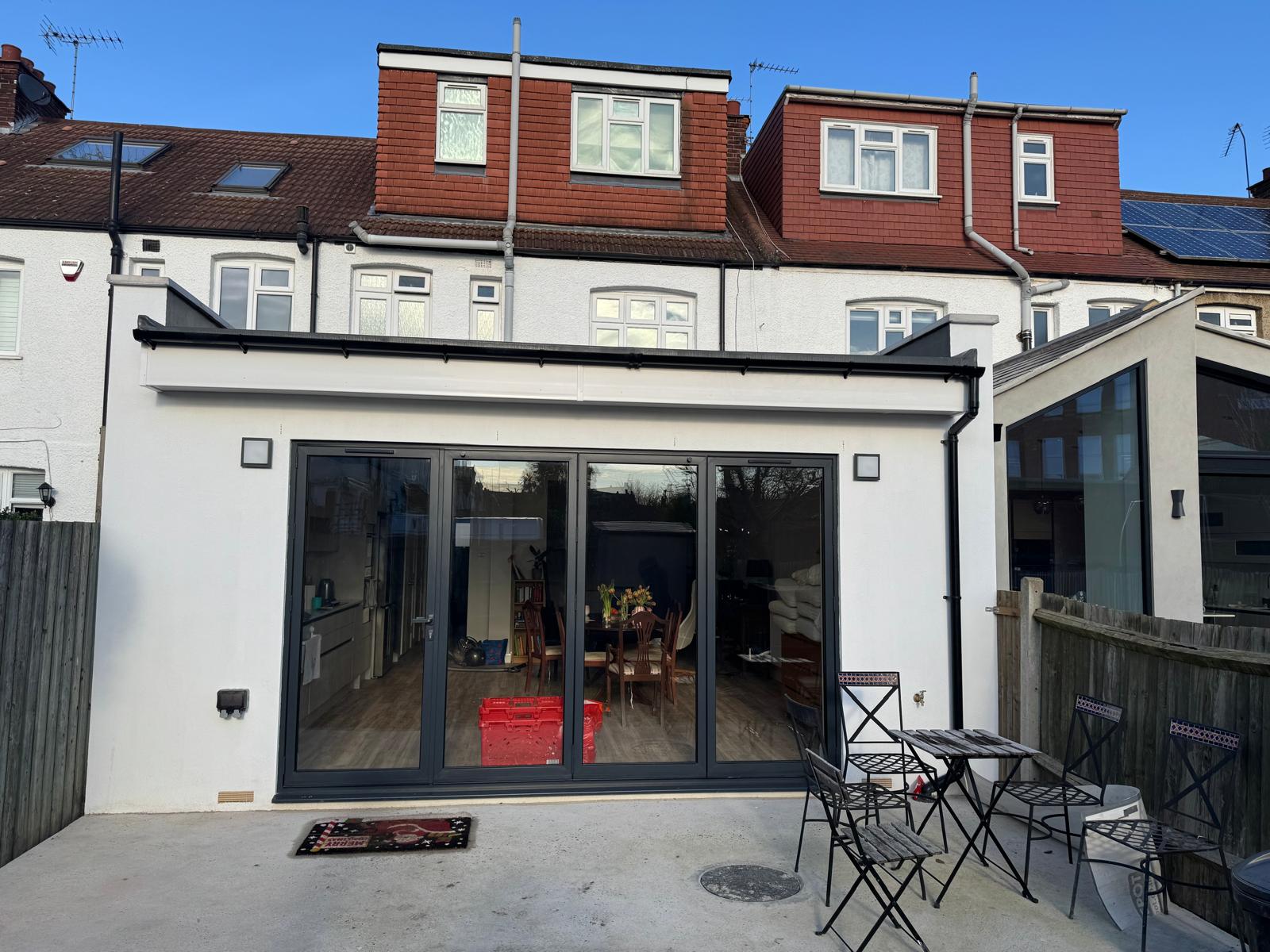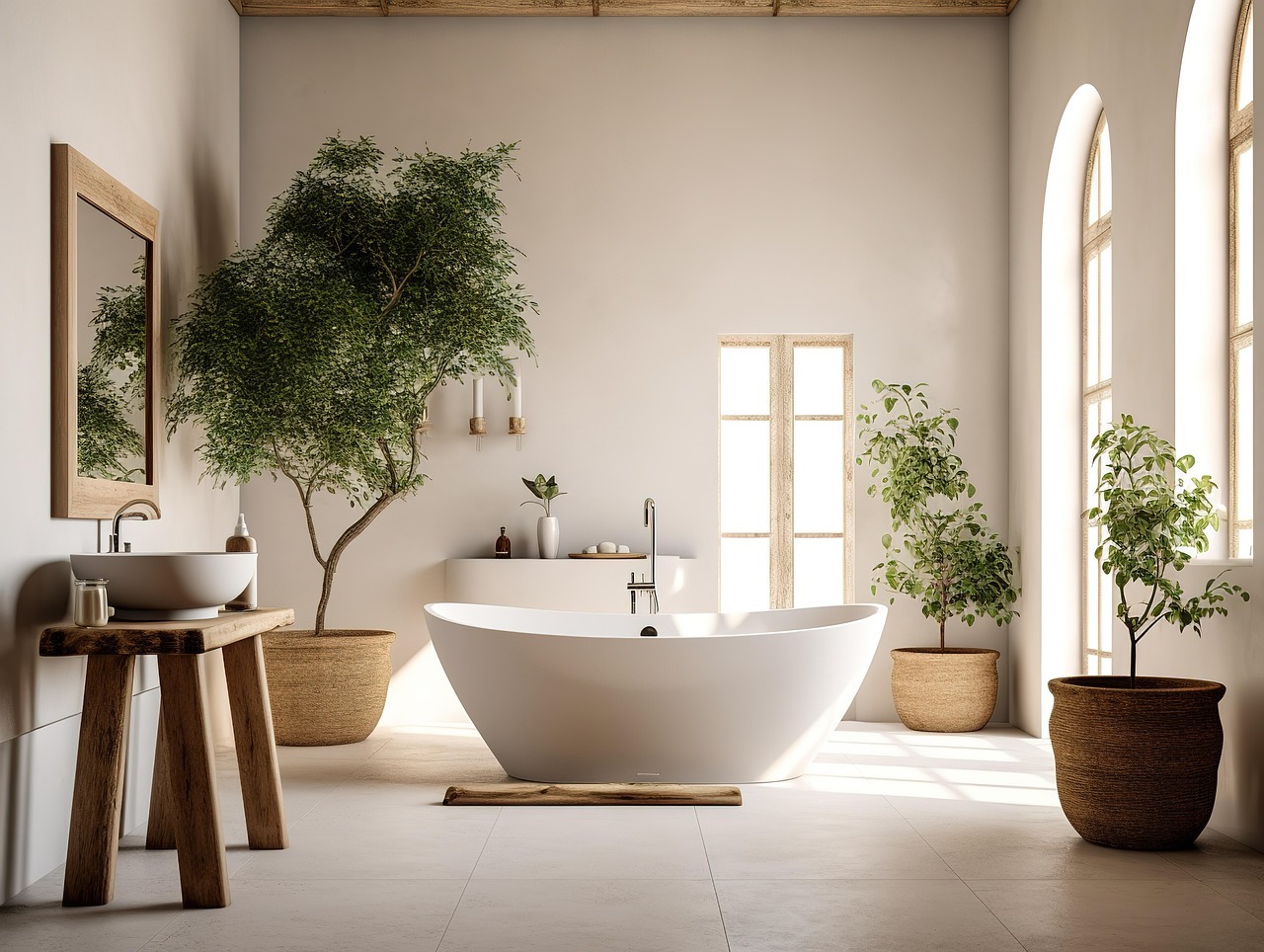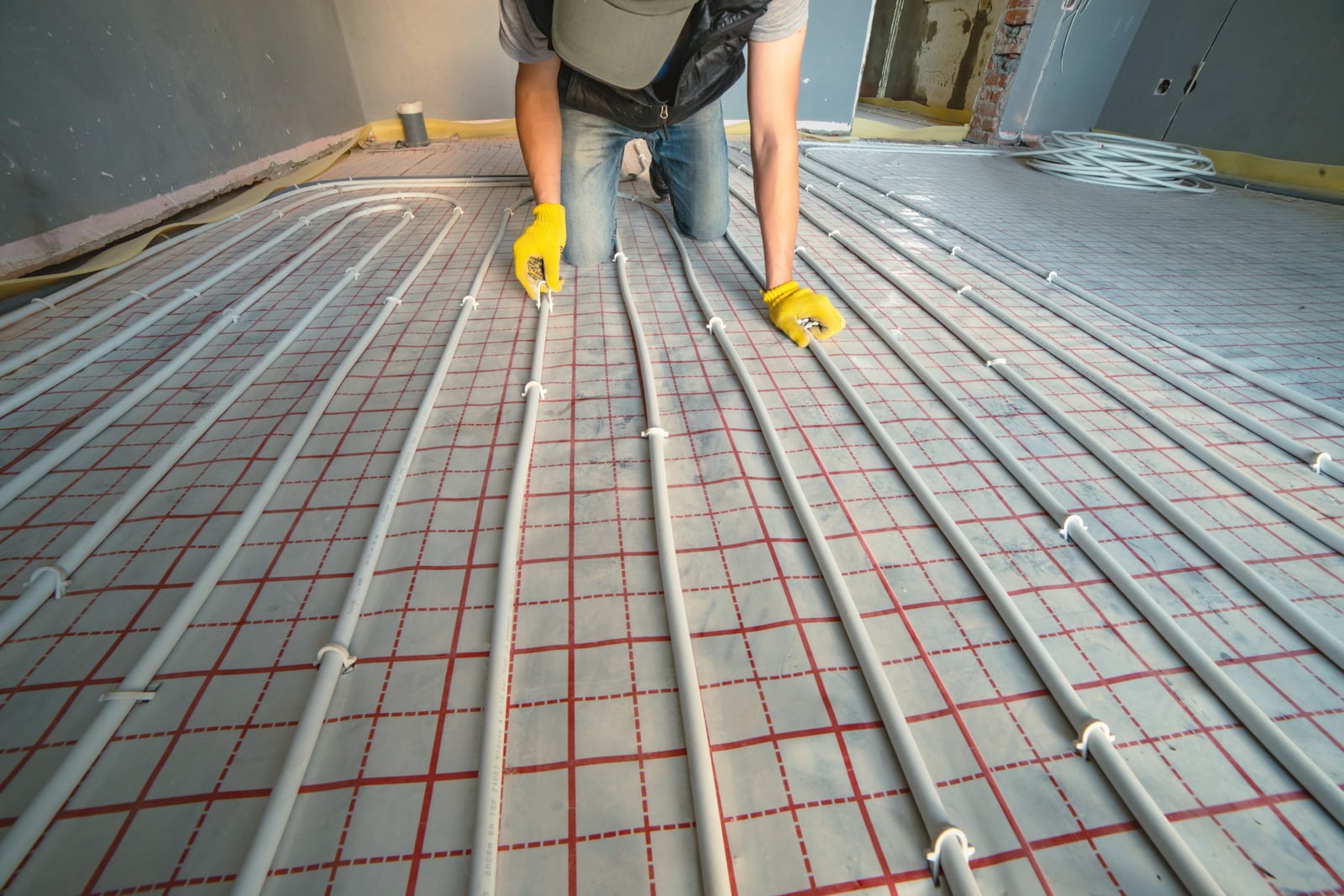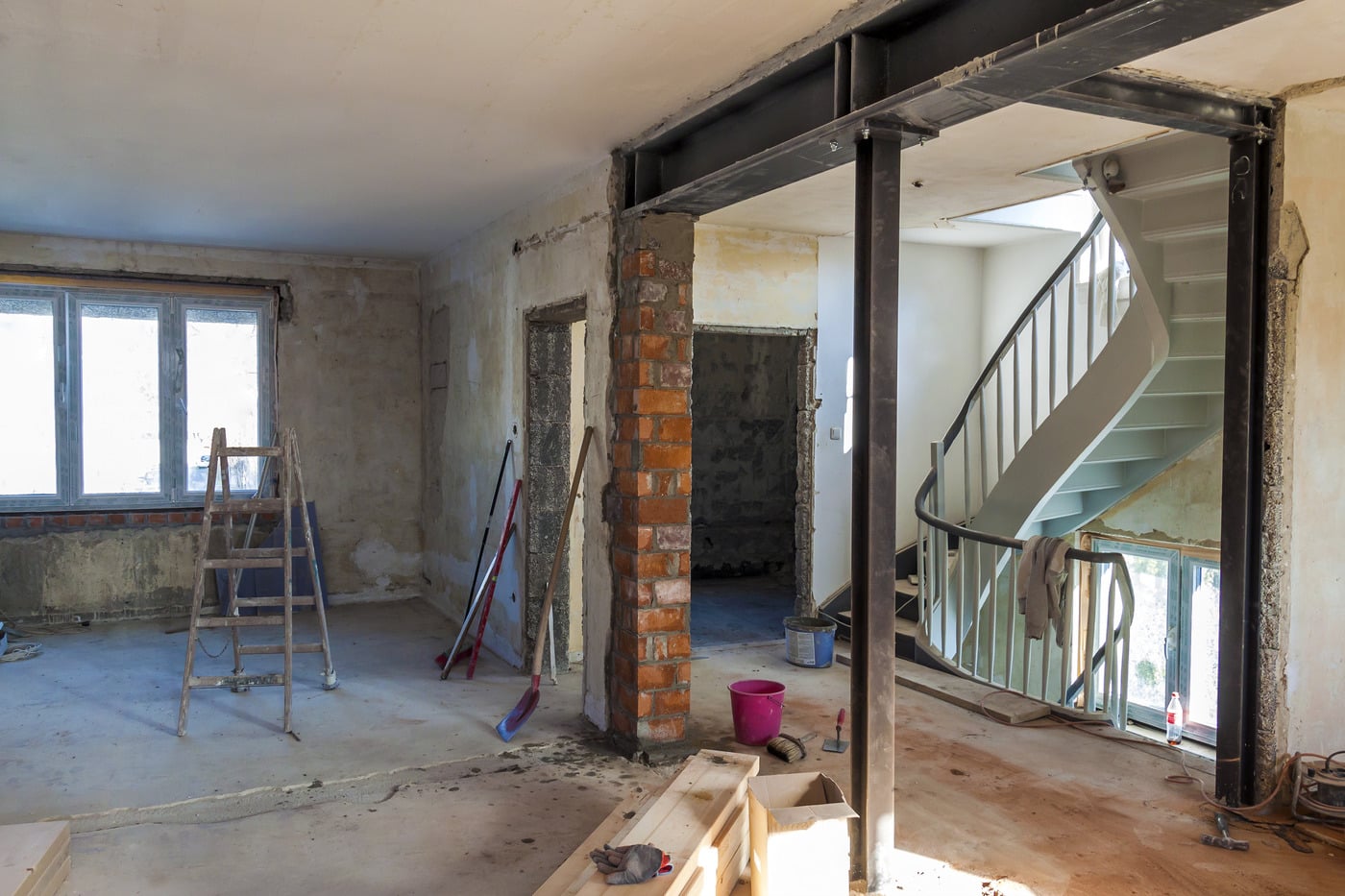Across the UK, homeowners are discovering that a well-designed house extension is one of the smartest ways to make a home more spacious, comfortable, and valuable — without the cost and stress of moving.
At Force Builders Ltd, we’ve helped countless families turn their existing homes into something new and exciting.
We believe an extension shouldn’t just “add space” — it should completely change the way your home feels and functions.
Why Extend Your Home?
Let’s be honest: moving house in the UK can be exhausting. Higher mortgage, stamp duty, packing boxes, and weeks of disruption — all for a few extra square metres.
That’s why more people are choosing to stay put and extend.
Here’s what a well-planned extension can do for you:
- Add functional space for growing families or home offices.
- Bring in more light with larger windows, roof glazing, or bi-fold doors.
- Boost property value, sometimes by 15–25%.
- Modernise your layout, turning cramped rooms into open, connected living areas.
The result? A home that feels bigger, brighter, and better — all without changing your postcode.
Planning Your Extension
A great project starts with good planning. Before you start comparing kitchen tiles, it’s worth looking at the practical side — what you can build, what permissions you’ll need, and what kind of budget to expect.
Here’s how to get started the right way:
- Double-check the rules first.
Before you get too far with sketches and ideas, find out whether you actually need planning permission.
In many parts of the UK, smaller rear or side extensions can fall under Permitted Development Rights — meaning you’re free to build without going through a full planning process.
But it’s always smart to speak with your local council first; the limits can change depending on your area, property type, or if you’re in a conservation zone. - Get the right people involved early.
Don’t try to guess your way through the technical stuff. A good builder or architect can save you a lot of stress (and money) by making sure your plans are solid, compliant, and realistic from day one.
At Force Builders Ltd, we help clients with everything from initial drawings to structural approvals — so you can focus on how you want the space to look and feel, not on the paperwork. - Set a realistic budget.
Prices vary by size and materials, but a typical 4m x 6m extension can range between £26,000 and £35,000 in most parts of the UK.
Always keep around 10% extra aside for unexpected costs — they happen on almost every project. - Choose a builder with real references.
Don’t just go for the cheapest quote. Check past work, reviews, and memberships in trusted associations like the Federation of Master Builders (FMB).
Designing Your Dream Extension
Once the paperwork is sorted, the fun part begins — design.
This is where your personality and lifestyle shape the project.
Think about how you want to live in the new space, not just how it looks.
Do you need an open kitchen-diner for family meals? A quiet study tucked away from the noise? Or maybe a glazed garden room for those rare sunny afternoons?
Here are a few design tips that make a huge difference:
- Use large windows, skylights, or sliding doors to maximise natural light.
- Match materials and colours to your existing home for a seamless transition.
- Consider energy-efficient materials — better insulation means lower bills.
- Keep an open layout to make smaller extensions feel more spacious.
At Force Builders, we work closely with homeowners, helping them choose layouts, materials, and finishes that make sense — both visually and practically.
Choosing the Right Type of Extension
Every home is different, but most UK extensions fall into a few main types:
- Rear Extension: Extends your home into the garden — ideal for larger kitchens or open-plan living.
- Side Return Extension: Perfect for narrow terraces, using that often-forgotten strip of land beside the house.
- Wrap-Around Extension: Combines rear and side additions for maximum space.
- Double-Storey Extension: Adds rooms upstairs and downstairs — perfect for growing families.
- Loft or Garage Conversion: If space is tight, go up or over.
Our advice? Don’t copy someone else’s design. Focus on your lifestyle and let the structure follow function.
The Payoff: More Space, More Value
A well-built extension is one of the best investments you can make in your home.
In London and other major cities, it can increase property value by 10–20%, especially when it adds a bedroom, bathroom, or open-plan kitchen.
But beyond the numbers, the biggest gain is how it changes your daily life — more comfort, less clutter, and a home that finally works the way you need it to.
Your Home, Reimagined
If your current house feels cramped, dark, or outdated, an extension could be exactly what it needs.
Whether you’re looking for a bold modern statement or a subtle addition that blends seamlessly with your existing home,
we’ll guide you through every step — from design to completion.
📞 Contact Force Builders Ltd today for a free consultation.
Let’s talk about how we can turn your ideas into a space that feels brand new — without ever leaving the home you love.

